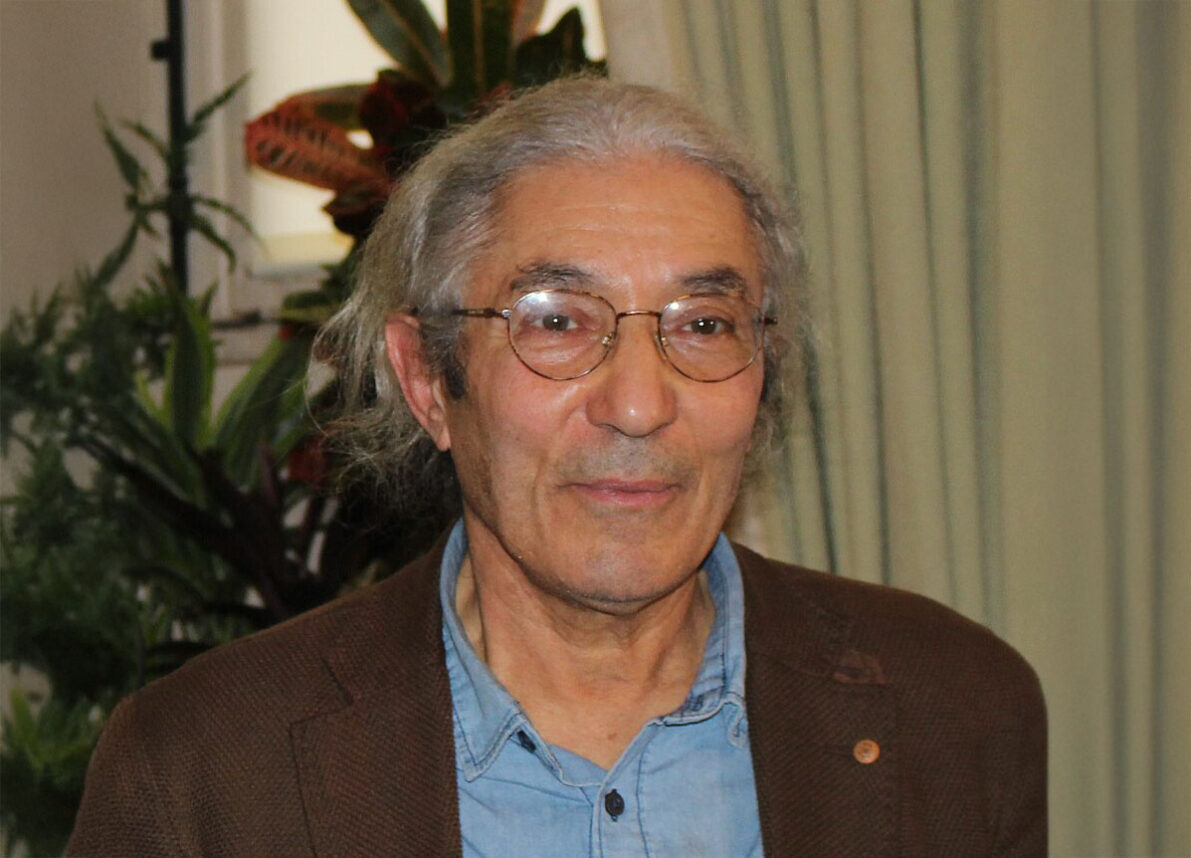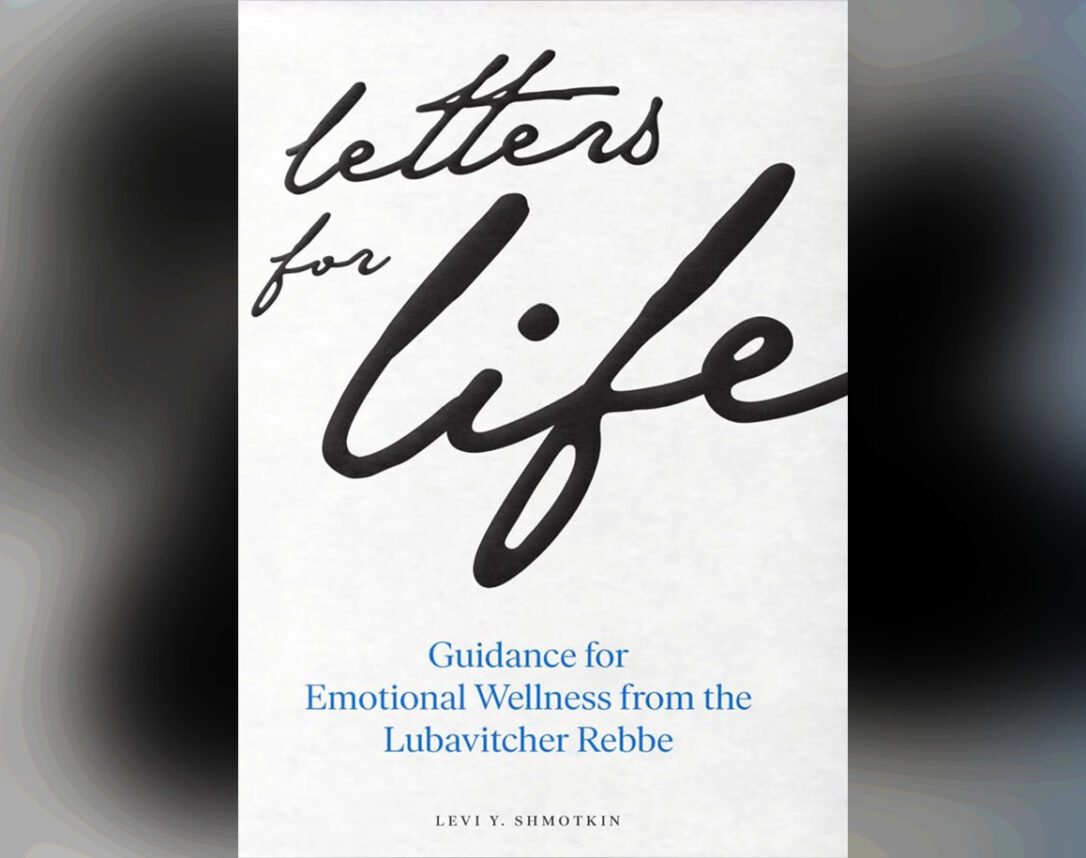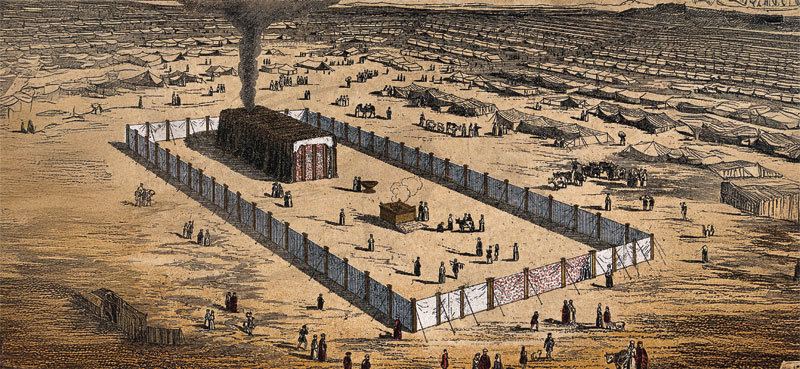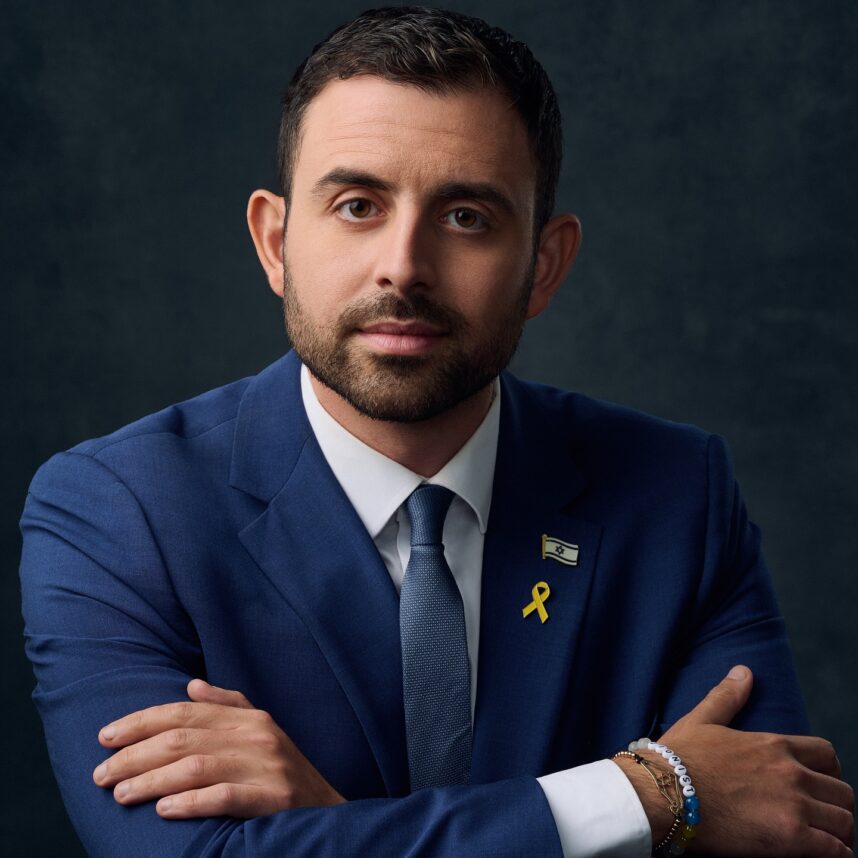
“America,” the second film directed by Ophir Raul Graizer, has a lot to live up to.
His previous film, 2017’s “The Caretaker,” won seven Ophir Awards, Israel’s version of the Oscars, including “Best Picture” and “Best Director” for Graizer, and was Israel’s selection for the Academy Awards. But the film, about the affair between Thomas, a German and an Israeli man Oren, was produced on a microbudget and became a sleeper hit. “Even today, I still get messages from people all over the world on how it impacted them. It exploded and almost became a cult movie.”
Graizer said many people were advising him regarding the topic he should cover in his sophomore film. He was feeling the pressure, he said, but then COVID hit, and people had other concerns, and allowed him to work in peace. “America”is a startingly moving story about love, loyalty and friendship that will leave you thinking about the fragility of life and the beauty of finding a romantic partner that you are meant to be with.
Eli Greenberg (Michael Moshonov) is an Israeli swim coach living in Chicago; he returns to Israel for a to deal with the death of his father. While there, he runs into an old friend and swimming partner, Yotam (Ofri Biterman) and his beautiful Ethiopian fiancée, Iris (Oshrat Ingadashet) a florist. The three start spending time together, but Yotam has a terrible accident, which leaves him in a coma.

As time goes by, an attraction develops between Iris and Eli. Will they give into their passion?
Ingadashet delivers a stirring performance that is subtle but delivers the punches at exactly the right moments. It is no surprise she won “Best Actress” at The Jerusalem Film Festival.
Graizer said he changed the script due the talent of the actress.
“We saw about 35 or 40 great people for the role,” he said. “It was originally not written as an Ethiopian character; it was an Ashkenazi character. But when I saw her, I fell madly in love with her energy, her personality and her connection to the screenplay. We recreated the character and I think it brought the film to another dimension.”
The film becomes more complex as Yotam — who was thought to be in a permanent vegetative state — starts to improve. Graizer builds tension through a number of plot twists; the characters are with deft touches and visual metaphors. You learn of the discipline necessary to understand which flowers go together to create a proper bouquet and which will ruin it. Eli must gain the trust of his students; they need to know he will not allow them to drown.
Moshonov is excellent as a man who is haunted by a traumatic incident from his past; he wants to keep that past in the past and make a good life for himself in the present, while working through a moral dilemma. Moshonov balances the complexity of his character extremely well, as a man with ferocity burning behind an exterior of tranquility.
Why is the film called “America” if it mostly takes place in Israel?
“There is of course, the American Dream,” Graizer said. “But the word alone can represent anyone anywhere who dreams of a better life or to go to a better place or even to re-invent themselves in a different way. Of course, it is open to interpretation, but there is the idea of what we want to have, not simply in objects, but in happiness. We can look at a horizon and want to escape a difficulty or be in a better place.”
Given the political strife, both in Israel and America, there may be some who look at the question of loyalty posed in the film and find political messages in the film, which was completed two years ago. Are those interpretations valid? Graizer wouldn’t comment on politics, but admitted that the film’s major lesson is how things we think are permanent are often temporary.
“Sometimes life catches us at a time when we are unprepared and everything shifts and changes.”























 More news and opinions than at a Shabbat dinner, right in your inbox.
More news and opinions than at a Shabbat dinner, right in your inbox.